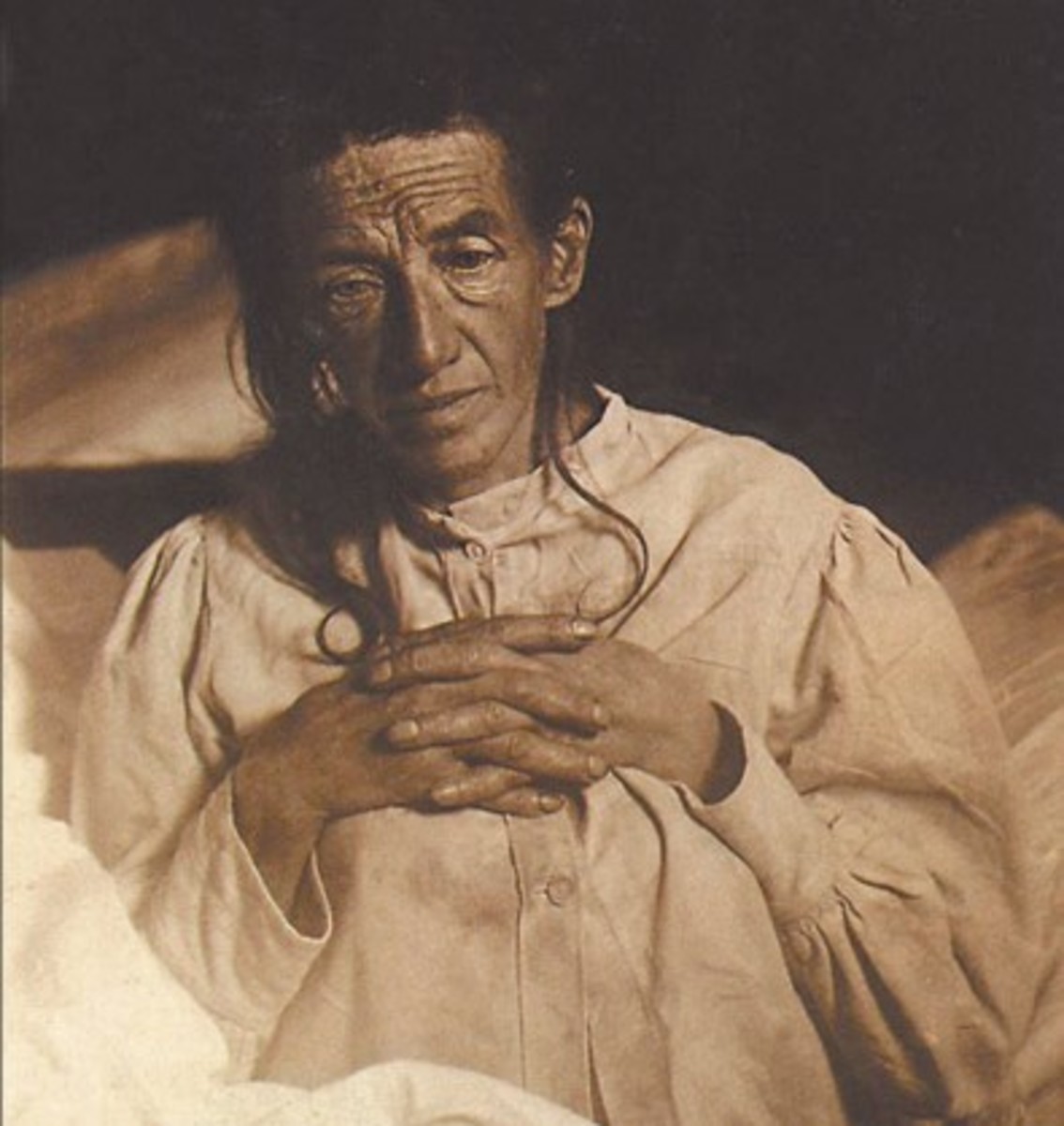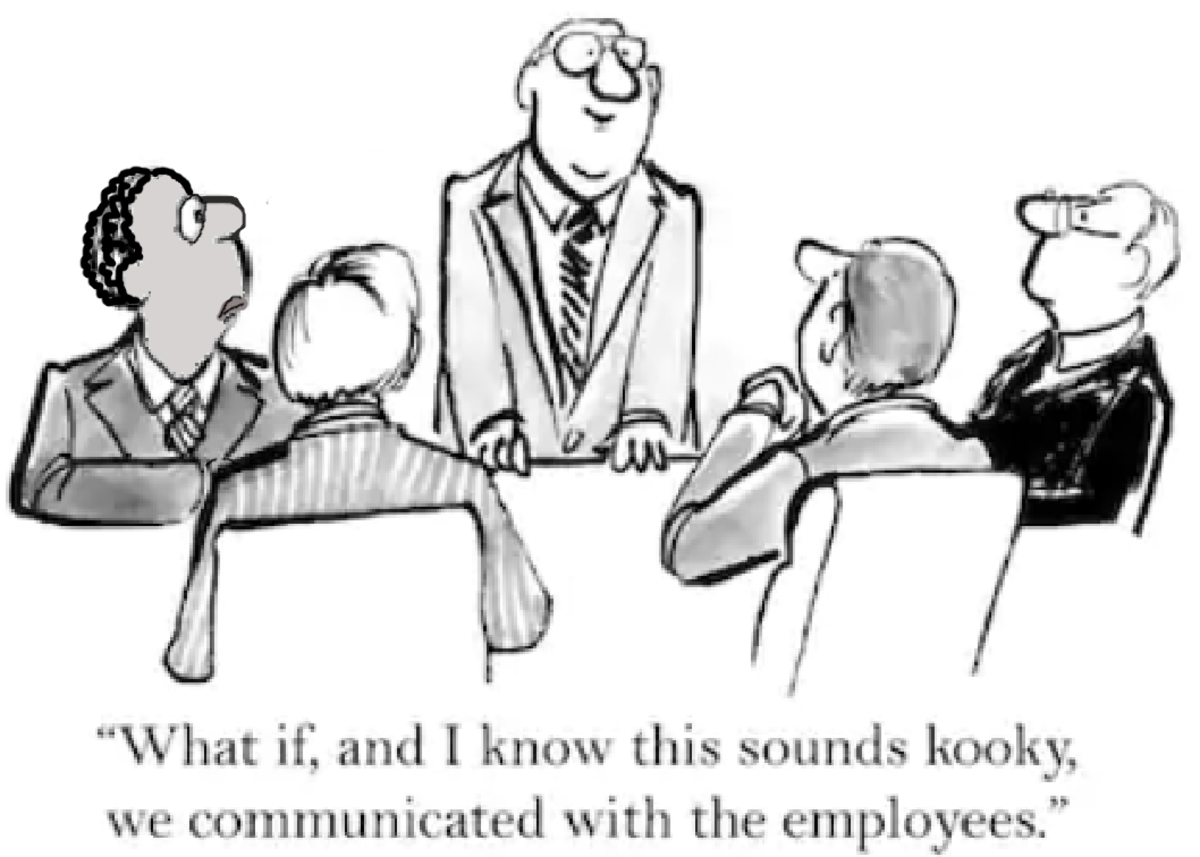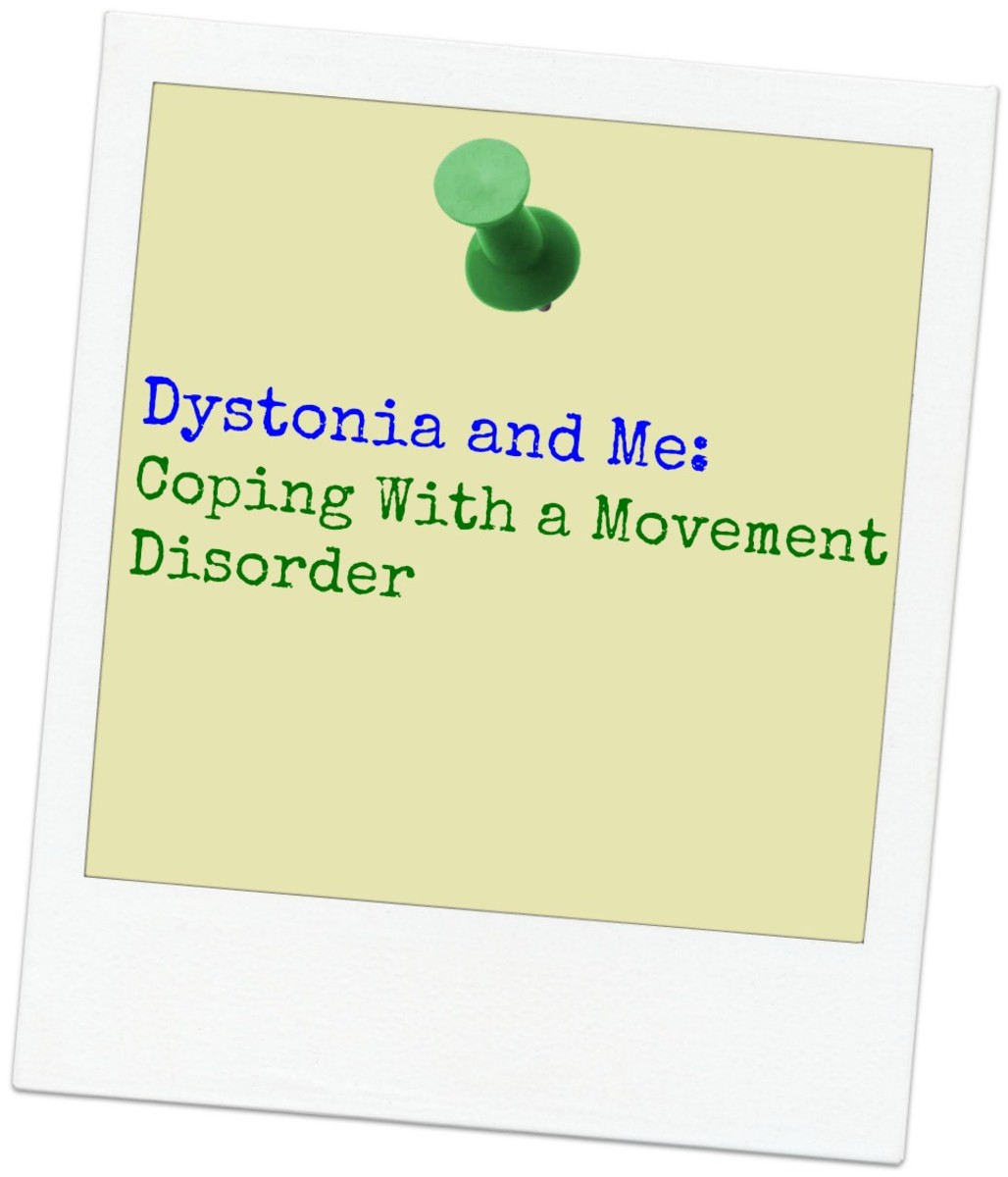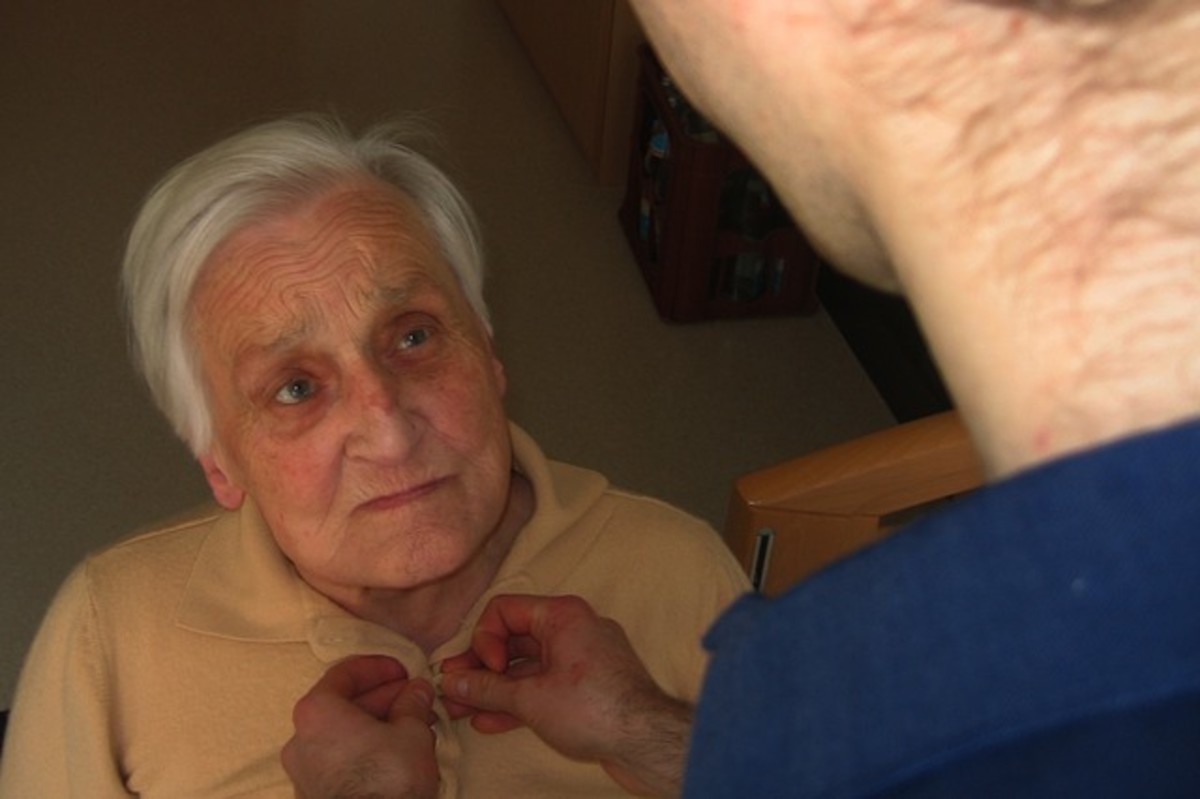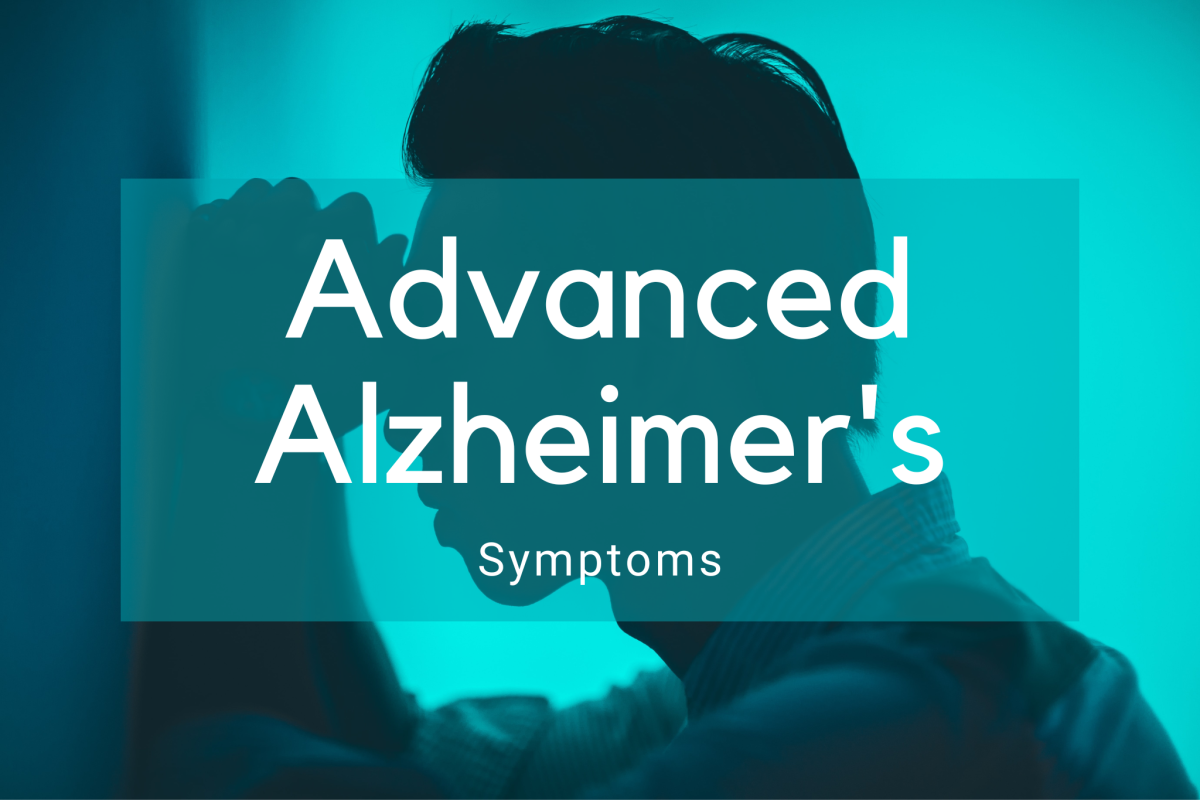Alzheimers Disease - Coping When The Fire Starts To Burn Out

Sometimes, no matter how hard you try to avoid it, you just have to deal with reality. When you would rather be writing one of those creative masterpieces, the practical screams to be written. Something deep inside you understands that the practical might help someone else. You may not know who they are or what their circumstances are but you know you have something in common and that if you tell your story, those that need it will find it.
When I woke this morning, there was a light dusting of snow on the ground. Even the slightest of snows seems to make the world a bit more quiet and peaceful, as if the world has been wrapped in a blanket and settled down for a nap. In those first few moments, I thought I would write today about that quiet peace and the pleasure I find in the changing seasons. But no, it is not to be, not today. There is another story screaming to be told. It is a story of Alzheimers disease and how it feels to watch the fire burn slowly out in a loved one.
Sharing the journey
The past few days have been tough and yet the lessons of how to live with my Dad’s Alzheimers keep coming. For anyone living with Alzheimers, each day is a challenge and for the caregivers, an opportunity to learn one more trick to make things easier. Caregivers rarely make it through a day without looking to the Internet for more information that will make coping a little easier. And yes, sometimes we even turn to the Internet, hoping to read a story that will help to make us feel a little less alone.
Sitting down to write this morning, I thought about all the stories shared by others that have helped our family cope. As much as I would enjoy taking a break from Alzheimers today, I also feel an obligation to keep writing hubs about our experience, in the hope that someone, somewhere, who is feeling alone, will find this article and be comforted by something I’ve said. And isn’t that why we write?

Understanding and Communicating
Our family has lived with Alzheimers for three years. The first two years were fairly easy with the worst of the disease being short term memory loss and repetition. In other words, my Dad couldn’t remember what he did five minutes ago but could remember everything from his childhood. The repetition came in the form of him asking the same question over and over and over again followed by the same story over and over and over again. It is exhausting but eventually we learned some tricks for handling it. But after three years, we are only beginning to understand it.
Communication:
The sooner a family learns that they are not going to change the memory of someone with Alzheimers, the better for everyone involved. Caregivers are the ones who have to change the way they communicate. It is the only way to survive. Follow these steps and make life easier for everyone.
- Speak in short, direct sentences.
- Make eye contact and use touch to connect when speaking.
- Pause after a sentence to allow a response.
- Use positive, encouraging words and, smile. It is reassuring.
- Stop arguing. You cannot force your reality on an Alzheimers affected brain.
- Resign yourself to answering the repetitive questions, or, find creative ways to change the subject.
- Use compliments and praise to help maintain a sense of self-worth.
- Walk away when you are frustrated. Your frustration will only cause your loved one to retreat into the Alzheimers World further and faster.
Like our family, you probably read everything you can find on Alzheimers disease and still find it hard to understand. You may question why you have to change so much and feel angry that the person who has the disease doesn’t (or can’t) do some changing too. And then one day you read something that makes it click. This happened recently in our family. I read an article that explained the Alzheimers brain as…
"First in, last out… last in, first out."
I had to think about it for a bit but suddenly it clicked. The Alzheimers brain is like a box that becomes full. No matter how much you would like to squeeze one more item into that box, it isn’t going to happen. If you try, it either falls out or pushes the last added item over the edge. The Alzheimers brain maintains the first memories (of childhood, first jobs, etc.) but cannot hold on to new memories.
It was such a simple explanation but it helped us to understand. And with understanding came patience. Thank you Carole B. Larkin for following your heart and writing an article that finally ended our struggle.

Adult coloring pages
- Color Pages for Mom - Free Printable Adult Coloring Pages
Free Color Page for Moms and Adults, choose from more than 250 color pages - Adult coloring pages
A pinterest source for adult coloring pages
Daily Activity:
It is easy to underestimate the ability of someone with Alzheimers once communication becomes difficult. Do not mistake their silence or inability to find appropriate words as their being unable to perform simple tasks. There is still a feeling, caring person locked within the walls of silence and jumbled words.
- Your loved one needs to be engaged and involved in your day to day life.
- Identify simple tasks they can perform and provide short, clear direction to get them started.
- Create a routine and stick to it. It reduces the stress of trying to remember.
- Don’t mention appointments until it is time to get ready for them.
- Do not take angry outbursts personally. Try to shift the focus to something positive.
- Discover things that bring pleasure to your loved one and spend some time in that activity.

Safety:
If you are going to keep your loved one at home, you must be responsible for keeping them and others in the home safe. Many home health care providers can do a safety assessment of your home and help you create a safe environment. Until that is done, there are some basic things you can do.
- Help your loved one maintain grooming (i.e. brush teeth, shave, bathe) to maintain health.
- Remove all obstacles in the home that create a risk of falling.Know when it is time for your loved one to stop driving.
- Be alert for signs that your loved one could become violent and harm themselves or others and remove or lock up guns, knives, etc.
- As a family, make a plan for handling emergencies, before they occur.

Independent Living Aids
Prepare for the Future:
Wanting to keep your loved one at home is admirable but we all have to prepare for that day when it is no longer possible. Face it because it is the reality.
On a recent visit to our family physician, the doctor asked if we had visited assisted living facilities yet. Of course, the answer was no because we want to keep Dad at home for as long as possible. The doctor explained that we could not keep putting this off because most facilities have a waiting list and therefore, we would need to decide now, which facility was best for us and put our names on the list.
It would be so much easier to avoid this subject but we know the physician is right. He advised us to visit several facilities as a family and talk with the administrators at each one, explaining that It is important to have a good relationship with the facility. Our choice of a facility should be based on trust and personal relationship with those who will become my Dad’s primary caregiver.
Unless you have been here, you cannot appreciate how hard it is to even think about trusting someone else to care for your parent. After all they have done for me, it feels like a betrayal, like giving them away because they take too much time. But that is not the reason. There comes a time in the progression of Alzheimer’s when the risks are just too great for independent living. Safety and health become more important than personal feelings. It sounds good doesn’t it? Trust me when I say, I’m not there yet.
I have all the emotions one might expect me to have at this stage in our journey with Alzheimers. I’m sad and angry and I’m scared. Just a few days ago I wrote in my blog that living with this disease is like sitting on a razor blade and waiting for the pain of the cut. It’s true. You learn to live with the anxiety every time the phone rings and you learn to make your schedule loosely, knowing that at any minute, you could be called for an unexpected problem. And yes, you live with the dread of that day when the memory of your name or face gets pushed from the box and you become a stranger to the person who loved you the most. One day you wake up and you realize that you are more afraid of living with the disease than you are of facing the death of your loved one. This is life with Alzheimers and it is the reality of watching the fire burn out.
© 2012 Linda Crist, All rights reserved.
Watch this!
Resources
- About Alzheimer's Disease: Caregiving | National Institute on Aging
Information for caregivers - About Us | Alzheimer's Association
About Us | Alzheimer's Association - Alzheimer's disease - MayoClinic.com
Alzheimer's disease — Comprehensive overview covers symptoms, causes, treatment of this debilitating disorder. - For the people helping people with Alzheimer's | alzheimers.gov
Welcome to alzheimers.gov. The government's resource for Alzheimer's and related dementias.


